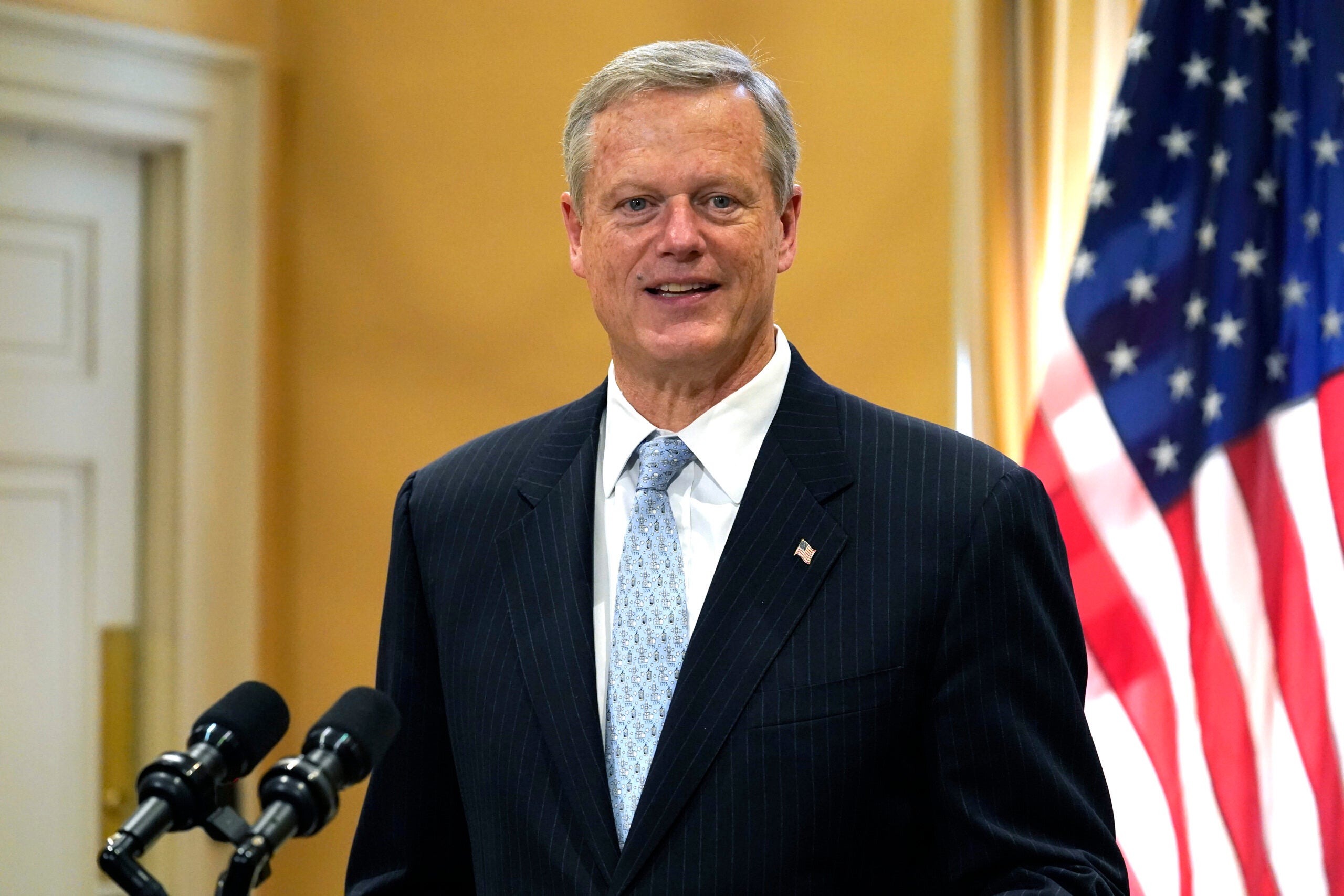NCAA CONFIRMED:Duke Blue Devils According to the NCAA President Charlie Baker, a 68-team NCAA Tournament may be coming to an end, by Nation Approves of $44million to….see more
 In a stunning announcement that could reshape the future of college basketball, NCAA President Charlie Baker confirmed today that the traditional 68-team NCAA Tournament format—long considered a sacred pillar of March Madness—may soon come to an end. The revelation comes as federal sports authorities and governing bodies approve a $44 million national investment aimed at modernizing and restructuring collegiate athletics.
In a stunning announcement that could reshape the future of college basketball, NCAA President Charlie Baker confirmed today that the traditional 68-team NCAA Tournament format—long considered a sacred pillar of March Madness—may soon come to an end. The revelation comes as federal sports authorities and governing bodies approve a $44 million national investment aimed at modernizing and restructuring collegiate athletics.
The announcement has sent shockwaves across the college basketball world, with perennial powerhouse programs like the Duke Blue Devils expected to be among those most affected. Though specifics are still emerging, early reports suggest that the overhaul will reduce the number of teams in the tournament, focusing on “competitive balance, athlete welfare, and viewer engagement.”
A Changing Landscape for March Madness
“For over a decade, there’s been growing pressure to revisit how we structure the postseason,” Baker said at a press briefing. “This $44 million commitment allows us to consider a format that prioritizes not just tradition, but the evolving needs of our athletes and fans.”
The funding package, reportedly backed by both private and public partnerships, includes allocations for enhanced athlete health services, academic support, and media infrastructure. But its most talked-about feature is its call for a task force to reassess the 68-team bracket that has defined NCAA basketball since its expansion in 2011.
Duke Blue Devils in the Spotlight
No program is more closely watched during March Madness than the Duke Blue Devils. With five national championships and decades of dominance, Duke has become synonymous with the tournament’s history and prestige. The prospect of a smaller field raises questions about how automatic bids, at-large selections, and seeding will be handled in the future—and what that could mean for blue-blood programs that have grown accustomed to deep tournament runs.
“It’s too early to say what this means for Duke specifically,” said former Blue Devils coach Mike Krzyzewski. “But any change to the tournament is a change to the DNA of college basketball.”
Mixed Reactions
Reactions from players, coaches, and fans have been mixed. Some support the idea of a more streamlined, elite tournament, while others worry it will cut out deserving mid-major programs and reduce the spirit of underdog upsets that make March Madness special.
“This could take the madness out of March,” said former NCAA analyst Clark Kellogg. “If we’re not careful, we’ll end up with a corporate bracket instead of a competitive one.”
What Comes Next?
The NCAA has not confirmed a final timeline for the changes, but sources suggest the new tournament format could be piloted as early as 2027. In the meantime, the task force will begin reviewing data, conducting interviews with stakeholders, and preparing formal recommendations.
For Duke and other top programs, the message is clear: the ground is shifting beneath their feet. As the structure of the NCAA Tournament evolves, so too must the teams that have long dominated it.
One thing is certain—college basketball will never be the same.














Post Comment